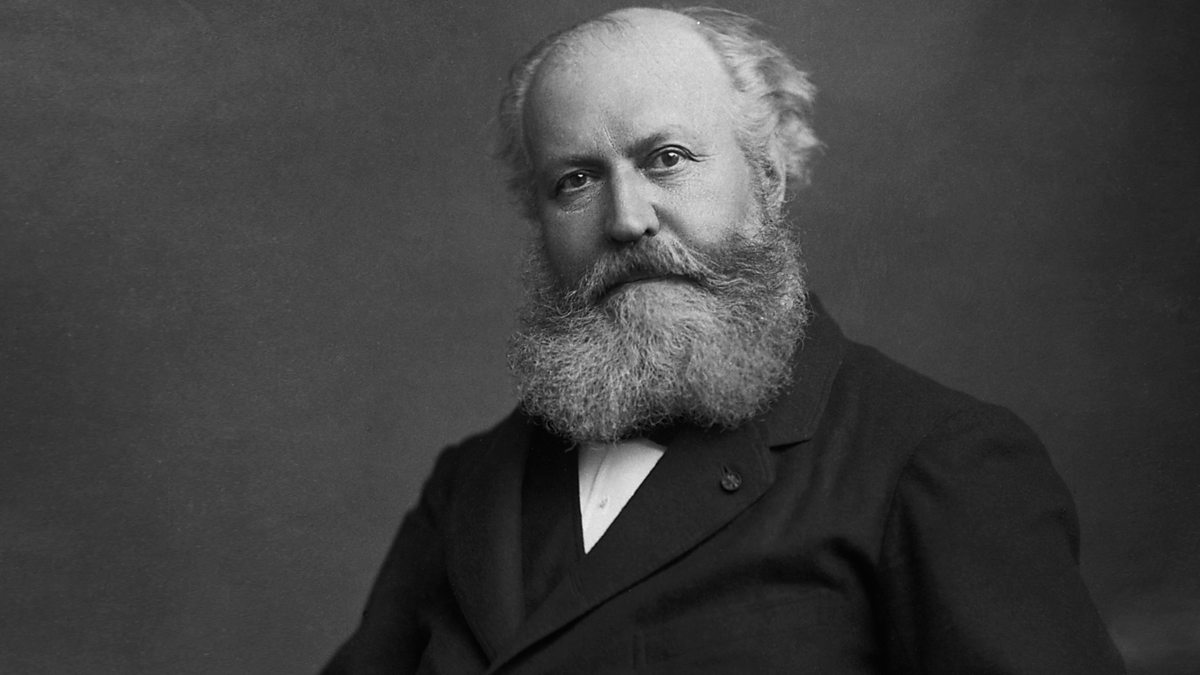Introduction:
In the realm of classical music, few composers have left a lasting impression as profound as Charles Gounod. Born in Paris on June 17, 1818, Gounod’s creative genius and melodious compositions continue to captivate audiences worldwide. His musical repertoire spans operas, choral works, symphonies, and religious compositions, making him one of the most versatile and celebrated composers of the 19th century. Join us as we delve into the captivating biography of Charles Gounod, the maestro behind some of the most beautiful melodies ever composed.
Early Life and Education:
Charles-François Gounod was born into a musical family. His father, François-Louis Gounod, was a talented artist and his mother, Victoire Lemachois, came from a family of musicians. Gounod’s early exposure to music and art played a crucial role in shaping his passion and career.
At the age of six, Gounod began studying piano under the guidance of his mother. Recognizing his musical talent, his parents enrolled him in the Paris Conservatoire at the age of ten, where he studied composition and counterpoint. His teachers included renowned figures such as Anton Reicha and Jean-François Lesueur, who provided him with a solid foundation in music theory and composition.
The Path to Success:
Gounod’s journey to success wasn’t without its share of challenges. Despite his immense talent, he initially struggled to find his unique voice as a composer. He composed a series of works, including symphonies and chamber music, which received critical acclaim but failed to garner widespread recognition. It was during this period of introspection that Gounod’s passion for opera began to blossom.
Opera Triumphs:
Gounod’s breakthrough came in 1851 with the opera “Sapho,” followed by “La Nonne sanglante” in 1854. However, it was his masterpiece, “Faust,” composed in 1859, that catapulted him to international fame. “Faust” showcased Gounod’s exceptional ability to create enchanting melodies and poignant emotional narratives. The opera achieved instant success and has since become one of the most beloved and frequently performed works in the operatic repertoire.
Following the triumph of “Faust,” Gounod composed several other operas, including “Romeo et Juliette” (1867) and “Mireille” (1864), both of which showcased his innate ability to capture the essence of romantic love through music. Gounod’s operatic works were characterized by their lyrical beauty, dramatic flair, and exquisite vocal writing, solidifying his place as a master of the genre.
Religious and Choral Compositions:
In addition to his operatic endeavors, Gounod also composed a number of religious and choral works that showcased his deep spirituality. His most renowned religious composition is undoubtedly “St. Cecilia Mass” (1855), a majestic and profoundly moving piece that exemplifies his ability to infuse sacred music with emotional intensity and reverence.
Later Years and Legacy:
Towards the end of his life, Gounod faced personal and professional challenges, including financial difficulties and declining health. Nevertheless, his passion for composition remained unwavering. He continued to produce remarkable works such as the oratorio “Redemption” (1882) and “Mors et Vita” (1885), cementing his place as a leading figure in the French musical landscape.
Charles Gounod passed away on October 18, 1893, in Saint-Cloud, France, leaving behind a rich musical legacy. His compositions continue to inspire musicians and touch the hearts of listeners worldwide. Gounod’s ability to blend lyrical melodies, dramatic storytelling, and technical brilliance remains unmatched, solidifying his place as one of the greatest composers of his time.
Conclusion:
The life and work of Charles Gounod stand as a testament to the power of music to transcend boundaries and touch the depths of the human soul. His contributions to the world of opera, choral music, and composition have left an indelible mark on the history of classical music. Through his timeless melodies and emotive storytelling, Gounod’s music continues to resonate with audiences, carrying his legacy forward into the hearts of generations to come.


Comments are closed